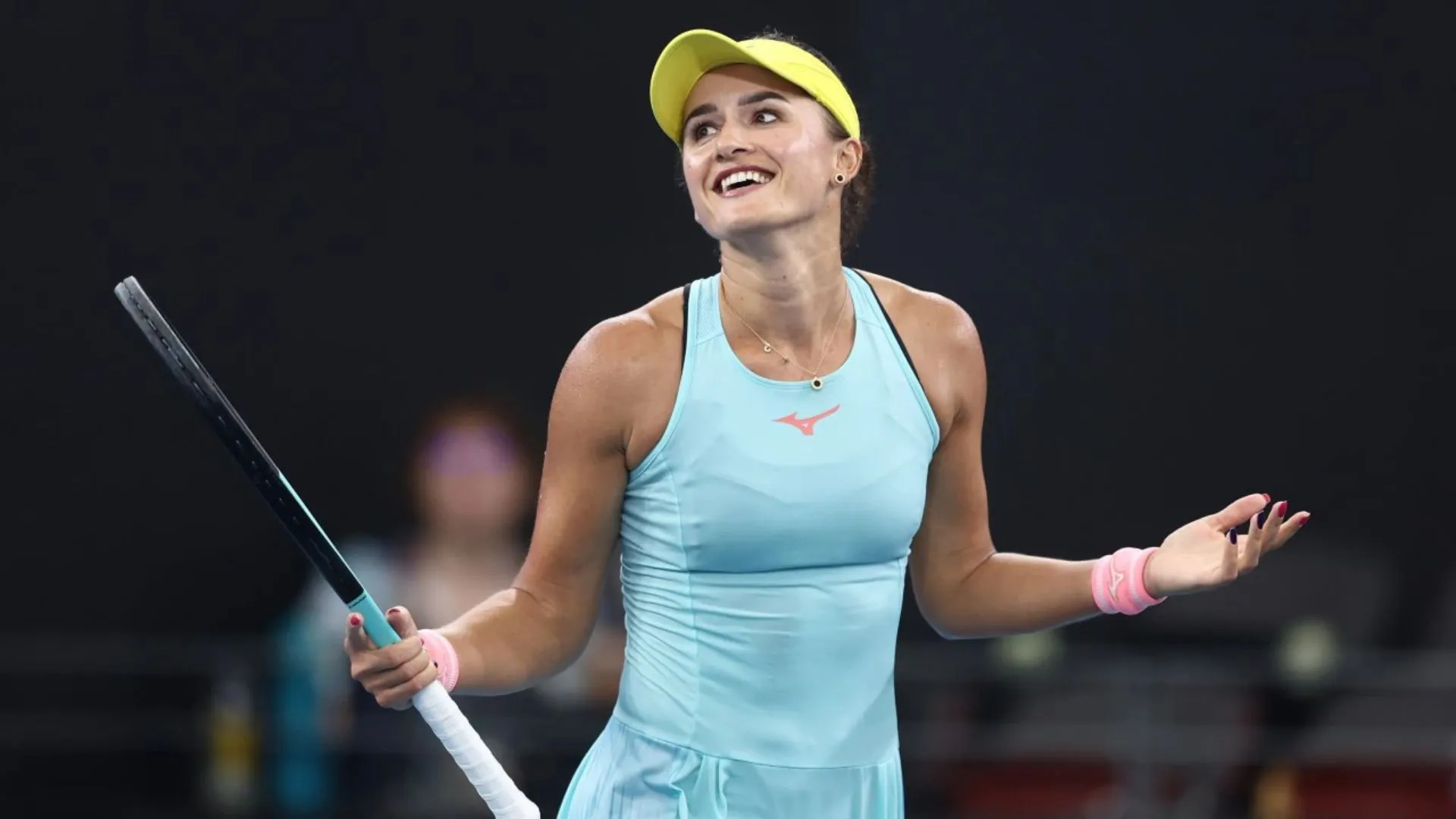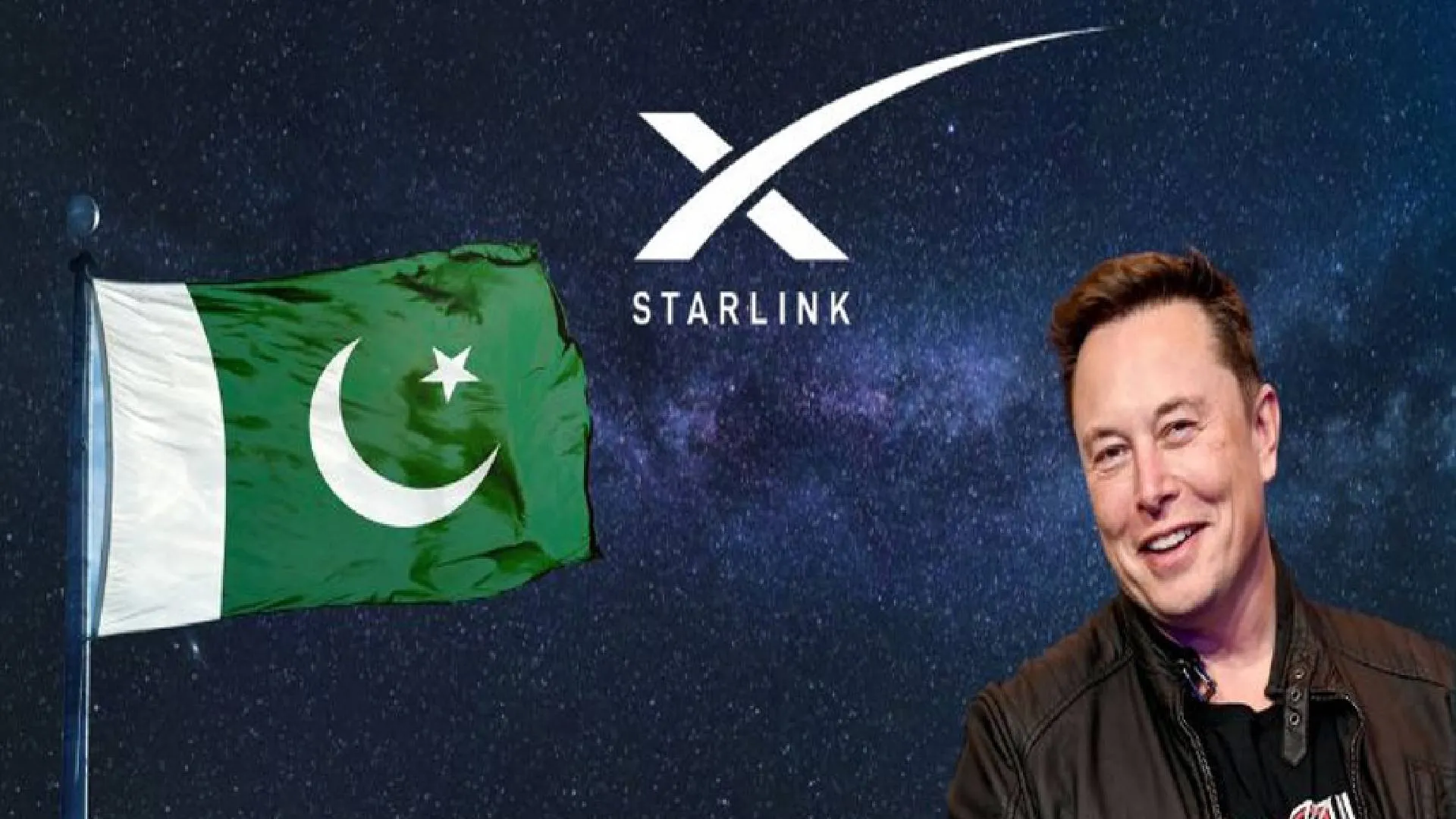Discover a rich tapestry of ancient myths and timeless tales that have captivated individuals from diverse cultures and beliefs for centuries. These enduring narratives, featuring the courageous exploits of figures such as Krishna, Ganesha, Spiderman, Batman, and beloved characters from Marvel and Disney, play an integral role in childhood development by introducing children to the magic of religion and fostering a love for adventure and wonder. These stories continue to inspire and ignite the imagination of young minds, encouraging them to dream big.
The concept of heroism exerts a profound and enduring influence on human cognition and behaviour. Each individualis shaped by someone who has significantly impacted their life. The choice of this influential figure plays a crucial role in shaping our trajectory and requires thoughtful consideration. While our heroes are often idealised as flawless, looking beyond the surface and making well-informed choices before idolising anyone is essential. As we mature, our perception of heroes will likely evolve. Selecting a hero or a role model is a profoundly personal and deliberate process; these individuals are not merely fictional characters but rather real, influential people. Depending on what ignites the fire of inspiration within each individual, they can emerge from a diverse range of arenas, such as sports, arts, entertainment, politics, or literature. The notion of heroes reminds us that exceptional accomplishments are attainable and encourages us to pursue specific objectives. However, our primary focus usually revolves around survival and the pursuit of a stable everyday life. As we navigate the trials of daily existence, our reverence for heroes and their achievements may occasionally diminish. Nevertheless, many of us still hold onto a personal hero whose influence is a substantial and enduring aspect of our lives.
Alexander the Great drew deep inspiration from the heroic archetype of Achilles as portrayed in Homer’s “Iliad”. Historical accounts indicate that he kept a copy of the “Iliad” under his pillow and carried it during his military campaigns. Alexander regarded Achilles as a symbol of courage and endeavoured to emulate his valour. Aristotle, his lifelong mentor, probably acquainted Alexander with the tale of Achilles and utilised it as a template for his intellectual and moral growth. These influences profoundly moulded Alexander’s upbringing and played a pivotal role in shaping his consequential historical legacy. Alexander the Great’s comportment parallels that of Achilles in various respects. Additionally, Alexander espoused Heracles as an exemplar and observed him with great admiration, which is evident in the reflections of Heracles’ traits in his character.
The historical account of Samrat Ashoka’s reign unequivocally demonstrates the significant influence of Alexander the Great. Both figures were renowned for their military prowess and territorial acquisitions, leaving an indelible mark on history. Like Alexander, Ashoka sought to establish lasting peace and harmony within his empire, mirroring the ambitions of the Greek conqueror to unify diverse cultures within his vast domain. It’s indisputably intriguing to consider Alexander’s potential impact on Ashoka, especially given Ashoka’s interactions with the successors of Alexander’s empire, such as the Seleucid Empire and the Hellenistic Greek states. Ashoka’s unwavering embrace of Buddhism and propagation of the teachings of Mahatma Buddha, alongside his formidable military conquests, undoubtedly solidified his greatness.
Throughout history, we have seen how heroes have the power to transform lives and inspire others to achieve extraordinary things. A heroic figure to guide us can be crucial in shaping our personalities and leading us toward success. A true hero embodies perfection and serves as the ultimate role model. When you have a larger-than-life hero, your aspirations, efforts, and achievements are all on a grand scale. In a world of motivational speakers, it’s crucial to remember that only some things we see and hear are true. Many motivational speakers have hidden flaws that, when revealed, can shatter our hopes. That’s why it’s essential to be careful, do thorough research, and scrutinise their genuineness. Your hero should be someone you can trust and guide you back onto the right path when you’ve lost your way.
There is a notable scarcity of heroic individuals in our society, particularly in our nation, which has given rise to many esteemed personalities. Virtually everything is politicised or commercialised, with little regard for morals, virtue, and ethics. When we assess our surroundings, it becomes clear that we struggle to identify a figure we’d confidently endorse as a role model for our children. Unlike historical luminaries such as Buddha, Ashoka, Mahavir, and Vivekananda, today’s youth need more contemporary heroes to emulate. Given the evolving world and its inhabitants, the question arises whether a figure in the next century will emerge akin to Gandhi, who will be celebrated as a hero and inspire Generation Z.
In summary, the concept of heroism holds a timeless allure and continues to influence human thought and action. As individuals, we are encouraged to strive for positive impact and to serve as heroes to others, recognising that our actions and character can profoundly influence those around us. Whether drawing inspiration from ancient myths or contemporary role models, pursuing heroic ideals remains an enduring aspect of human culture.























